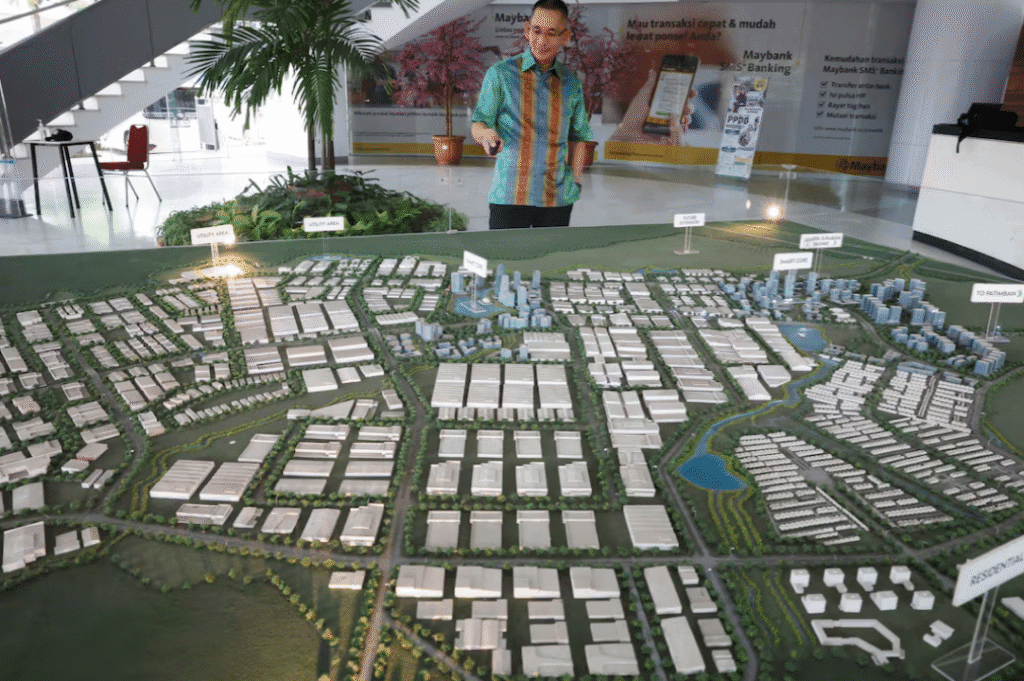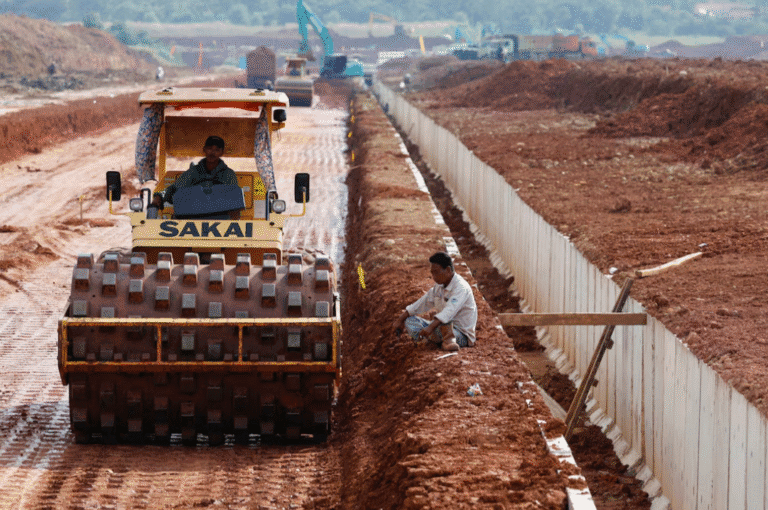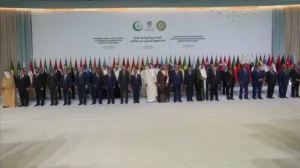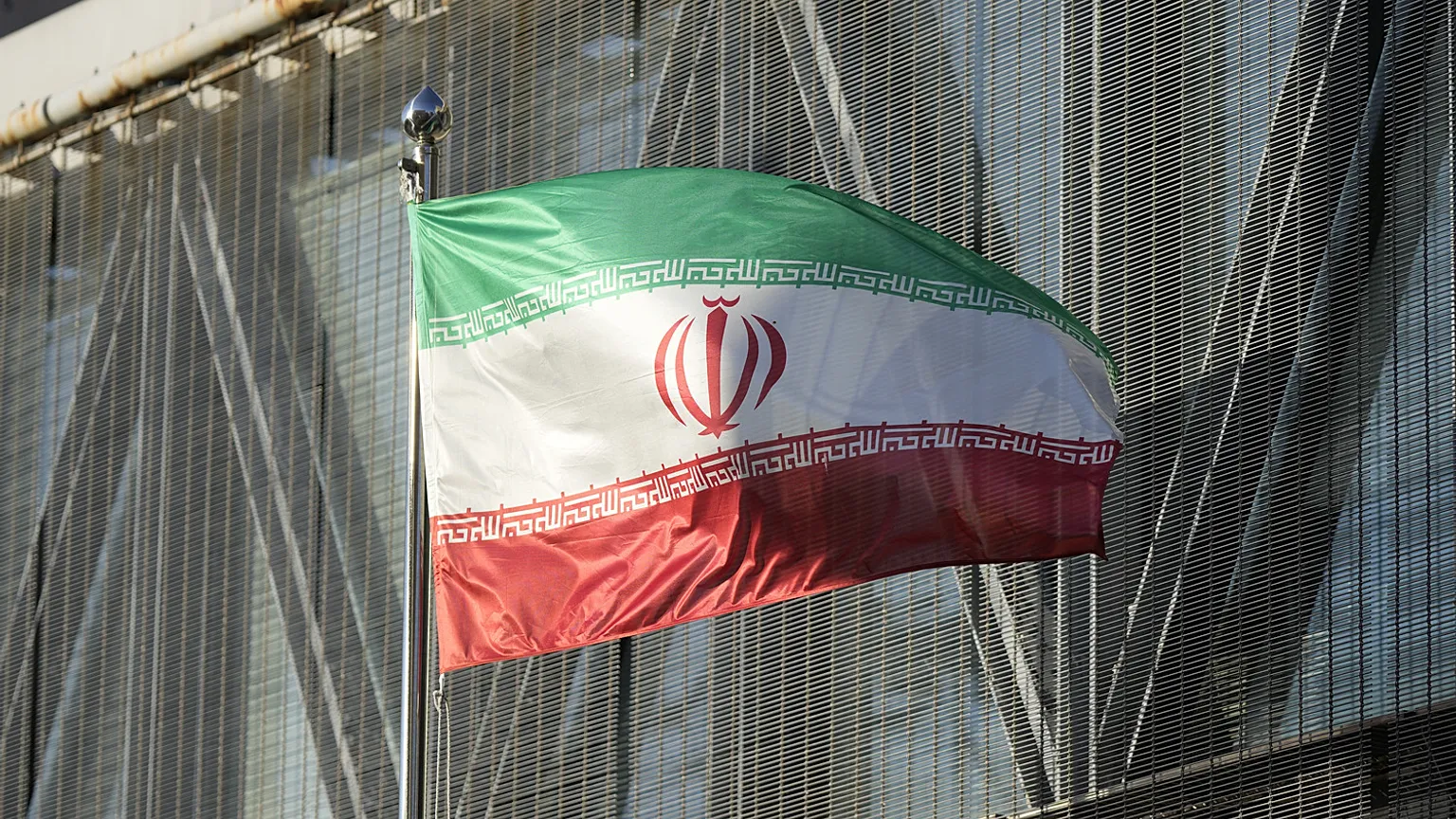Jakarta, Indonesia – Many companies in Indonesia are receiving deals and calls from Chinese companies eager to expand or establish operations in Indonesia. They aim to protect themselves from the exorbitant tariffs imposed by the United States on imports.
The US tariff rate of 19% on goods imported from Indonesia is the same as that applied to Malaysia, the Philippines, and Thailand. It is slightly lower than Vietnam’s rate of 20%.
Chinese customs rates currently exceed 30%.
But Indonesia, Southeast Asia’s largest economy and the world’s fourth-most populous country, has an advantage over its neighbors. This is thanks to the potential of its huge consumer market.
Government data showed last week that the Indonesian economy grew by 5.12% in the second quarter of the year. This marks the fastest growth rate in two years, which exceeded expectations.
“If you can establish a strong commercial presence in Indonesia, you will have captured half of the Southeast Asian market,” said Zhang Zhao. He is a Chinese manufacturer who sells motorcycle lights in Indonesia, the world’s third-largest motorcycle market.
Vietnam and Thailand were among the main beneficiaries of the first wave of diversification of Chinese companies abroad. However, amid recent trade turmoil with the United States, other nearby neighbors are benefiting.
“There has always been synergy,” said Mira Arifin, head of Indonesia at Bank of America. Chinese companies have the confidence to easily establish their businesses in Indonesia.
She added: “Indonesia has enormous human wealth, with a dynamic young population, which encourages foreign investors to expand rapidly in the country”.
Indonesian President Prabowo Subianto has been a staunch supporter of relations with China. He visited Beijing in November where he held talks with President Xi Jinping, and later welcomed Chinese Premier Li Qiang to Jakarta in May.
Investments from China and Hong Kong to Indonesia rose 6.5% year-on-year to $8.2 billion in the first six months of 2025.
Total foreign direct investment also grew by 2.58% during the same period to Rs 432.6 trillion ($26.56 billion). Furthermore, the government said it expects more investments in the second half of the year.

Huge consumer market
Challenges certainly remain across Indonesia, including regulatory hurdles, bureaucratic red tape, ownership restrictions, and weak infrastructure. Additionally, the lack of a complete industrial supply chain has made China the “workshop of the world” for decades.
Some foreign investors have also raised concerns about the populist Prabowo’s financial prudence. He continues to deliver on campaign promises, including a pioneering program to provide free meals to schoolchildren and pregnant women.
After falling in March to its lowest level against the US dollar since June 1998, the rupee stabilized. It is currently trading at about 1% below its level at the end of last year.
In the sprawling Subang Smartpolitik industrial zone, which covers more than 2,700 hectares in West Java, executives said it had received a flood of inquiries from Chinese investors.
Sponsored content
“Our phones, emails, and WeChat were immediately busy with new customers and agents wanting to introduce new ones,” said Abdnigo Purnomo. He is the vice president of sales, marketing, and tenant relations for Suryasepta Sawadaya, operator of Subang Smart Politan. This interest surged as soon as the US-Indonesia trade agreement was announced last month.
“By pure coincidence, they were all from China.”
Companies ranging from toy manufacturers and textile companies to electric vehicle manufacturers are looking for facilities. They are especially interested in West Java, Indonesia’s most populous province, which includes the deep-water port of Batimpan.
Chinese demand led to industrial real estate and warehouse prices rising by between 15% and 25% year-on-year in the first quarter of 2025. This was the fastest rise in 20 years.
Revan Munansa, head of industrial and logistics services at the Indonesian branch of real estate consultancy Colliers International, said there was an urgent need among Chinese companies to act. The company was receiving inquiries about industrial land “almost every day” in the run-up to the tariff agreement.
“Most of them (Chinese companies) are looking for immediate investment opportunities,” Revan said. So, they want temporary land and a building that can be used immediately, it’s like an intensive program.
Indonesia has always stood out for a different reason. Besides diversifying the supply chain, Indonesia offers what few other countries in the region offer: a huge domestic market.

















